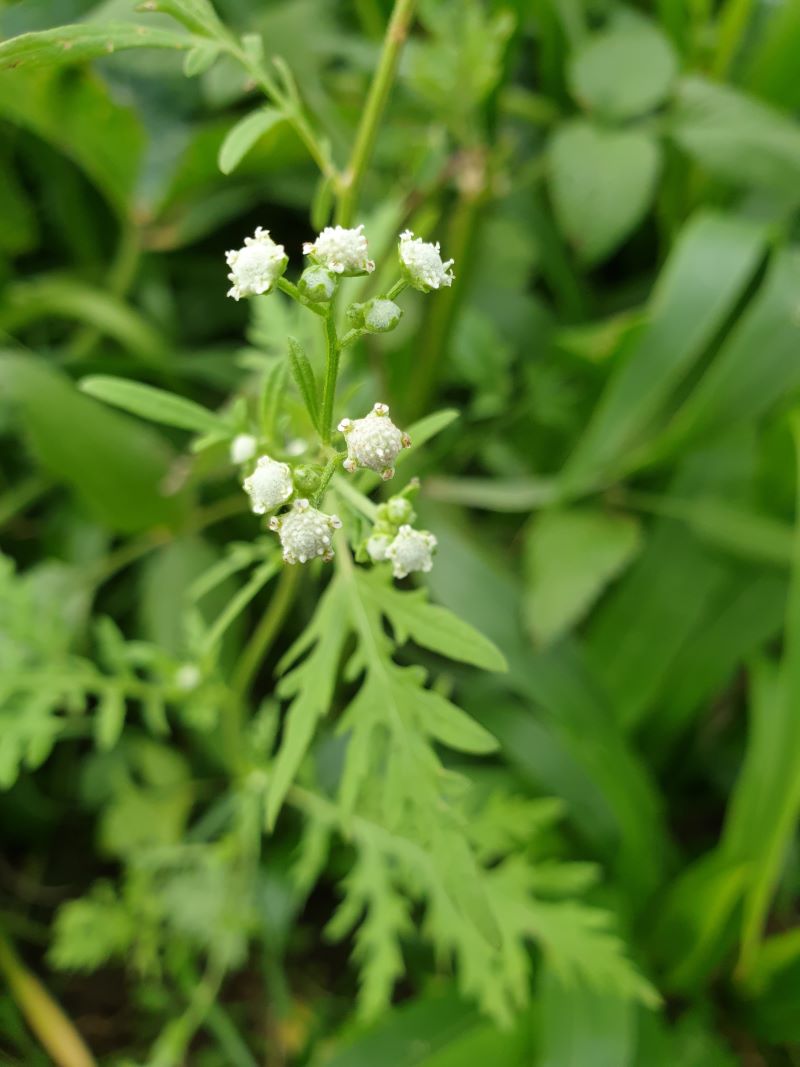
This week, NSW state and local government biosecurity specialists are getting on with the job of keeping NSW parthenium-free as they conduct surveillance and management operations at a known infestation site in the Illawarra on 5 and 6 March.
Led by NSW Department of Primary Industries (DPI), a large-scale operation at Broughton Village, halfway between Nowra and Kiama, will harness the people power and expertise of state and local government agencies.
NSW DPI, the Illawarra District Weeds Authority and Shoalhaven City Council will lead 28 participants from South East Local Land Services, ACT Government, Wingecarribee Shire Council, Queanbeyan-Palerang Regional Council, Hawkesbury River County Council and the National Herbarium of NSW.
NSW DPI State Priority Weed Coordinator, Nicola Dixon, said infested sites are monitored for up to five years to ensure the seed bank is exhausted and parthenium weed is eradicated.
"Since 2020, when parthenium was first found at this and other sites they have been monitored by local biosecurity staff every three to four weeks," Ms Dixon said.
"Now we're bringing in bigger teams across NSW and, in some cases, scent detection dogs to support and maximise local efforts."
Biosecurity teams will check the known infested area at Broughton Village and fifteen properties adjacent and downstream to confirm there has been no spread of parthenium weed due to the 2020 to 2022 flooding events.
The suspected source of the Broughton Village parthenium infestation is organic chicken feed from Queensland.
Since April 2020, 49 parthenium infestations have been detected in NSW following increased movement of hay and grain from Queensland during the 2018-19 drought, which introduced parthenium into NSW.
Earlier this year NSW DPI led a similar parthenium eradication operation at Missabotti on the North Coast near Numbucca Heads. Another operation is planned for Croppa Creek in the north-west of the state during the first week of April 2024.
Statewide surveillance of known high-risk areas and eradication of parthenium weed, which has benefitted the state since 1982, is continuing to keep NSW free of the weed.
Ms Dixon congratulated local communities, who have kept councils and NSW DPI informed of weed incursions.
"Please contact the NSW DPI Biosecurity Helpline, 1800 680 244 or your local council for plant identification and assistance if you suspect you've seen parthenium or another invasive weed," she said.
"At this time of year parthenium plants are flowering, so look out for their distinctive baby breathe-like white flowers."






